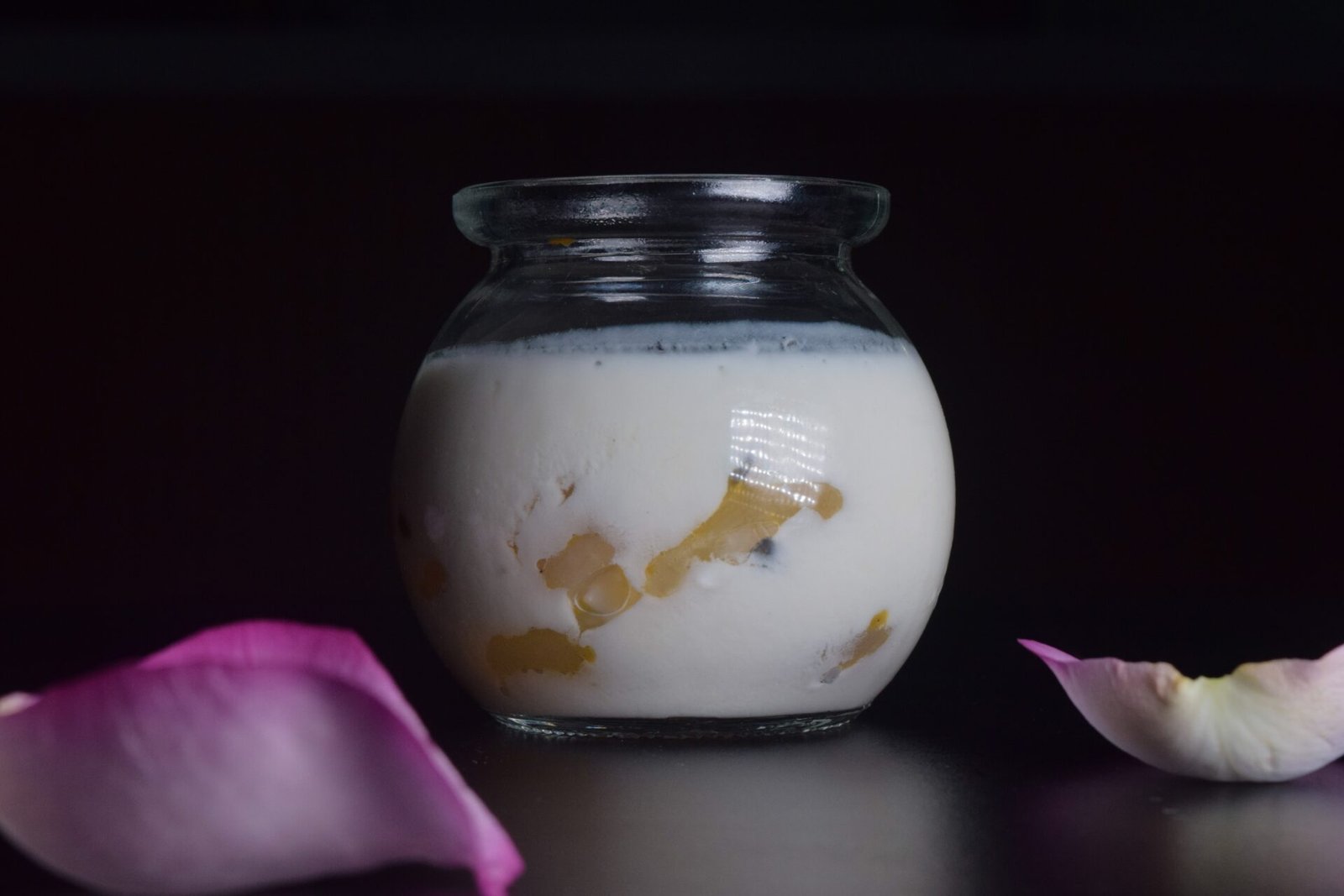Allergies caused by food can happen to anyone including children. It is just that while elders can identify the cause behind the allergy, kids cannot. It is the parents’ responsibility to find out if their child is allergic to some food. Here, we are going to discuss few tips to treat milk allergy.
There are some kids who are born with lactose intolerance whereas some develop it in later years. There are many kids who are allergic to cow milk. Some have an intolerance for dairy products too. Being a parent, you must look out for the signs of allergy, if any, in your baby.
What Causes Milk Allergy in Children
Milk allergies may occur because of certain proteins in milk and milk products. In people who are allergic to milk, the body recognizes some milk proteins as harmful and develops a risk of generating antibodies known as immunoglobulin E to defuse the protein.
Every time the body is exposed to proteins, antibodies identify them and indicate your immune system to release histamine and several other chemicals. This causes allergic reactions. Milk allergy is more common in kids as they have a weak digestive system.
It happens because of the lack of lactase enzyme. When the lactose milk reaches the small intestine, the lactase enzyme breaks down the glucose and galactose. Because of milk does not get digested easily.
Lactose is a natural sugar found in milk and different milk products. When a child is not able to digest milk, it is an indication that he has a problem with the intake of lactose. This causes severe allergic and digestive problems.
Symptoms and Signs
Children who are allergic to milk do not feel that quickly. Generally, people suffering from milk allergy have symptoms for many hours or after many days. Milk allergies are most common in babies, which can have several symptoms. Few of them are:
- Dark yellow color urine and passing blood and mucus, in the worst case
- Stomach cramps because of milk allergy
- Skin rashes because of milk allergy
- Cough and diarrhea
- Wet eyes and runny nose

Some of the symptoms that are easily visible include vomiting, nausea, itching near the lips, and swollen lips. Some kids also get an anaphylactic shock because of milk allergy, which can cause swelling in the throat, mouth, and lips. Anaphylactic can result in blood loss and difficulty in breathing. It must be treated immediately, or else, it can be serious.
Almond Milk allergies- Switching from regular milk to almond milk may be swapping one allergic reaction for another. Tree nuts like almonds top the list of allergy offenders. Moreover, about half of people allergic to peanuts are allergic to tree nuts.
Unlike a cow’s milk allergy, which typically resolves at an early age, tree nut allergies tend to last for a lifetime. Just 9 percent of kids will outgrow an allergy to almonds or any other tree nuts.
Symptoms of a tree nut allergy include:
- Eczema or hives
- Itching
- Abdominal pain
- Swelling
- Nausea
- Runny nose
- Vomiting
- Trouble in breathing
- Wheezing
Anaphylactic reactions to tree nuts as well as peanuts are more common than with other kinds of allergies.
Soymilk allergies- Soy is one of the popular allergens, so it is important to keep an eye on the symptoms, mainly in kids. Soybeans, along with kidney beans, peanuts, peas, and lentils belong to the legume family.
A soy allergy is usually common in infants:
Some of the symptoms of soy allergy are:
- Flushing
- Hives
- Itching
- Wheezing
- Runny Nose
More severe reactions may include abdominal pain, swelling of the lips, diarrhea, throat, or tongue. In rare cases, a soy allergy may cause anaphylaxis.
Rice milk allergies- There are fewer chances of rice causing an allergic reaction. There are many parents who prefer giving their kids rice milk instead of cow’s milk because of allergy concerns. While rice allergies are rare in the Western part of the country, they have been increasing in Asian countries like Korea and Japan, where rice is a staple food.
Some of the symptoms of rice allergy include:
- Redness of the skin
- Hives
- Swelling
- Rashes
- Runny or study nose
- Anaphylaxis
- Wheezing
Tips to Treat Milk Allergy
As soon as you come to know that your child is allergic to milk or any milk product, the first thing you should do is stop the consumption. Also, do not give your kid any milk product. Then, consult your pediatrician to confirm it’s a milk allergy.
If you are feeding your baby, then feed milk that does not have lactose in it. In such a situation, try to give your baby soy milk. Following these steps will help your kid fight allergy caused by milk or milk products.
Honey- One of the important tips to treat milk allergy is to include honey in the diet. Honey is used for several ailments and is regarded as the best medicine for treating seasonal allergies. It can be used for treating symptoms of milk allergy. Take one teaspoon of honey in the morning before having your breakfast.
Ginger- It is popular for its health benefits and is effective in treating all kinds of allergies including milk allergy. It raises the tolerance of milk protein in the body in people who are allergic. It also lessens the level of histamine in the body that is responsible for the allergic response.
Carrot juice- Carrot juice combined with pomegranate, cucumber, and beetroot is best for treating the symptoms of milk allergy and all other food allergies. They increase the tolerance of the body for milk allergens. Remember, you must drink these juices in the morning to get rid of the allergies.

Turmeric- It is one of the popular home remedies for treating milk allergy. It has anti-inflammatory properties and can relieve the symptoms of milk allergy. Add turmeric in your meals regularly.
Magnesium and calcium- They help to relieve symptoms of allergy and they are also great for calming down the nervous system. They are great for our immune system too. You can have their natural source or supplements like bananas, fresh vegetables, eggs, etc.
Selenium and Vitamin E- They eliminate free radicals from our bodies as they play the role of antioxidants. Take about 50 to 100 micrograms every day to fight allergy symptoms. This is also effective in treating milk allergy in adults.
Reduce the intake of milk- One of the significant tips to treat milk allergy is to reduce the intake of dairy products and milk. Exposure to a smaller number of allergens in the body helps the immunity to identify them slowly. Once the milk is introduced in your body slowly over a long span of time, our body starts building immunity power. However, be careful. This should be done under medical guidance only.
Read the labels before purchasing- This is an important step as many processed and packed food items contain milk. To safeguard yourself from unwanted allergic reactions caused due to milk, check for any milk content in the packed product that you are planning to purchase.
Always carry your medicine with you- If you know that you are suffering from milk allergy and you are going outside to eat, make sure you carry your anti-allergic medicines with you. They will instantly relieve you from annoying rashes and other symptoms.
